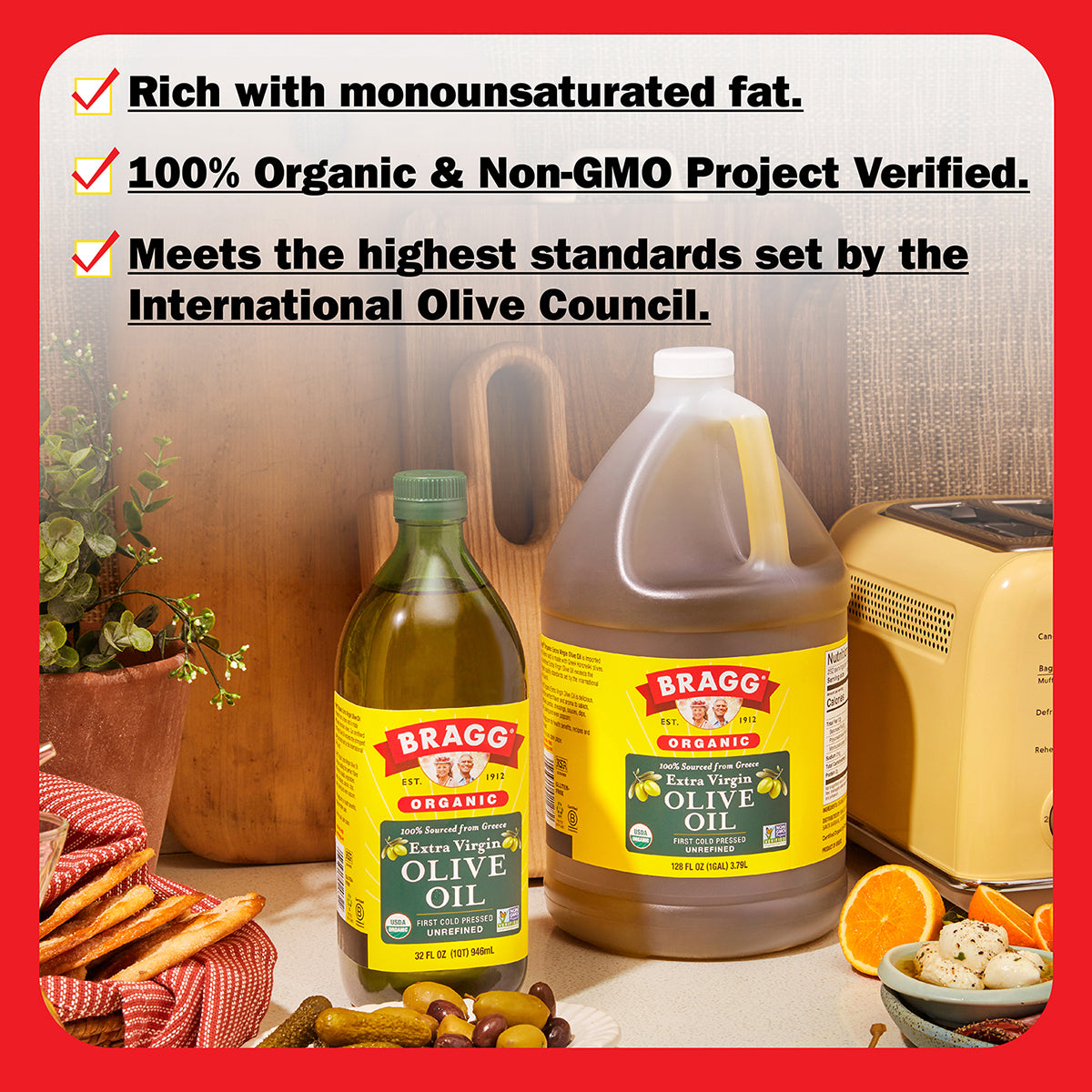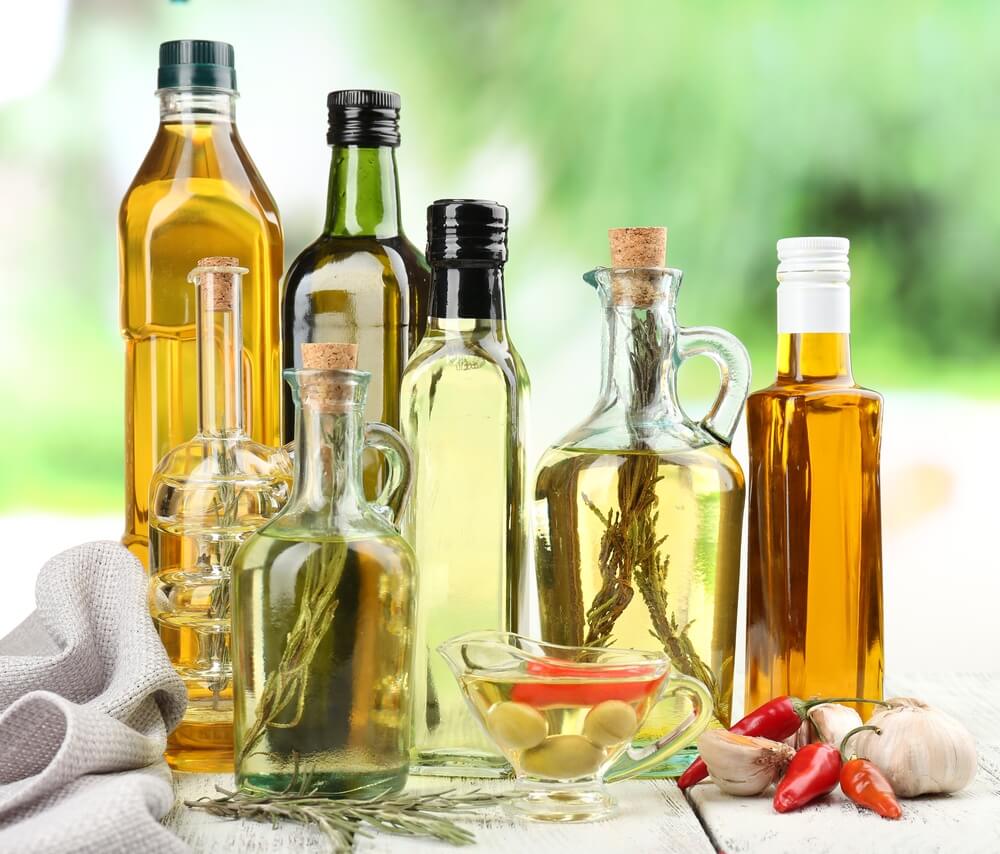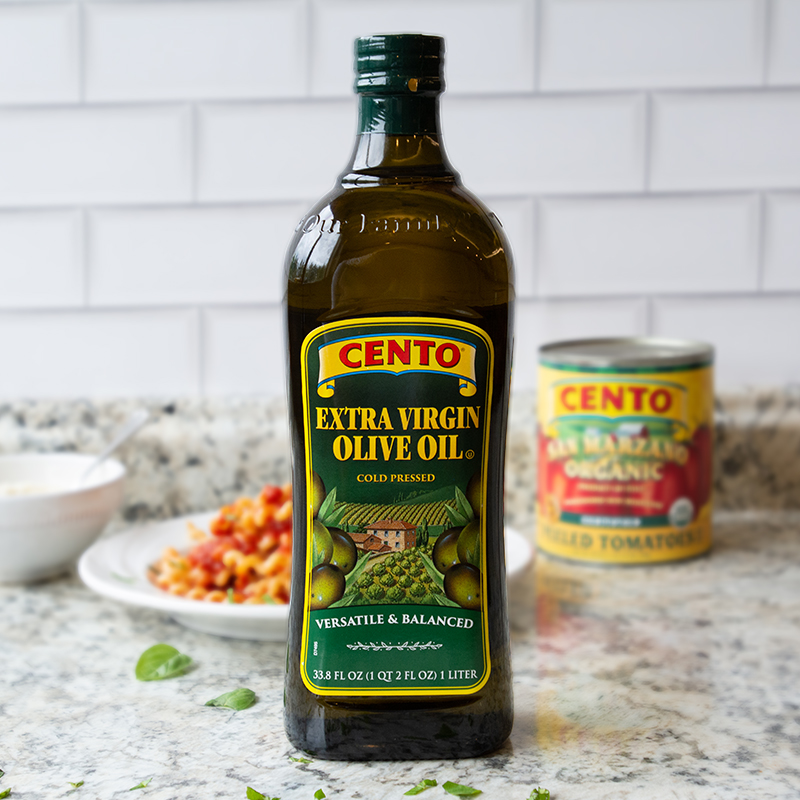The Crucial Overview to Recognizing Bonus Virgin Olive Oil and Its Culinary Conveniences
Extra virgin olive oil stands as a keystone of culinary quality, differentiated not just by its remarkable quality yet also by its myriad wellness benefits. This oil, removed from the first pushing of olives, provides reduced acidity and an intricate flavor account that enhances a varied range of meals.
What Is Bonus Virgin Olive Oil?
Additional virgin olive oil (EVOO) is a high-quality oil stemmed from the first pressing of olives, identified by its low level of acidity and abundant flavor profile. This oil is taken into consideration the finest grade of olive oil, meeting rigorous standards for high quality and preference. To qualify as extra virgin, the oil needs to be removed through mechanical ways without using heat or chemicals, protecting the all-natural characteristics of the olives.
EVOO is celebrated for its complicated fragrance, ranging from fruity to peppery, and its unique preference that can differ based upon the olive variety and region of production. The health and wellness advantages of extra virgin olive oil are well-documented; it is rich in monounsaturated fats, antioxidants, and anti-inflammatory compounds, adding positively to heart health and general wellness.
In cooking applications, EVOO is functional, suitable for drizzling over salads, enhancing the flavor of prepared meals, and offering as a base for sauces. Its unique flavor profile not only elevates dishes but likewise plays a vital duty in Mediterranean food, where it is a standard active ingredient. Understanding EVOO's qualities can enrich culinary experiences and advertise much healthier consuming behaviors.
Just How Bonus Virgin Olive Oil Is Made

This step is important for launching the oil from the cells of the fruit. Following this, the paste is subjected to malaxation, where it is delicately mixed to facilitate the separation of oil from water and solids.
The next stage entails centrifugation, which makes use of quick spinning to divide the oil from the remaining pulp and water. The resulting oil is then filteringed system to boost quality and stability. Extra virgin olive oil is stored in dark glass or stainless steel containers to safeguard it from light and oxidation, ensuring its extraordinary flavor and high quality are protected until it reaches consumers.
Health Benefits of Extra Virgin Olive Oil
What makes added virgin olive oil a staple in healthy and balanced diet regimens around the globe? Its rich structure of monounsaturated fats, mostly oleic acid, adds substantially to cardiovascular wellness. Researches have actually shown that these healthy fats can decrease inflammation, reduced poor cholesterol levels (LDL), and increase good cholesterol (HDL), hence advertising heart health and wellness.
Furthermore, extra virgin olive oil is a powerful source of antioxidants, consisting of polyphenols and vitamin E (extra virgin olive oil benefits). These substances help combat oxidative stress and anxiety and minimize the risk of persistent conditions such as cancer and diabetes. The anti-inflammatory properties of added virgin olive oil additionally enhance its wellness benefits, making it a valuable enhancement to an anti-inflammatory diet
Study has also suggested that regular intake of extra virgin olive oil might support cognitive feature and lower the danger of neurodegenerative diseases, such as Alzheimer's. In addition, its potential duty in weight management, when made use of in moderation, underscores its adaptability as a healthy fat source.
Culinary Makes Use Of and Applications
A cornerstone of Mediterranean food, extra virgin olive oil serves a plethora of culinary applications that improve taste and raise recipes. Its rich, nuanced taste account makes it a perfect selection for drizzling over salads, barbequed veggies, from this source or baked meats, imparting deepness and splendor.

In addition, it works as a vital ingredient in dressings, providing a base for vinaigrettes and luscious sauces, while improving the overall preference experience. Additional virgin olive oil can also be used as a completing oil, added prior to serving to emphasize the dish's fragrance and flavor account.

Tips for Finding Top Quality Olive Oil
Picking top quality olive oil can dramatically boost both taste and health and wellness benefits in your culinary undertakings. To guarantee you select the finest product, take into consideration the following pointers.
First, look for the designation "extra virgin" on the tag. This category suggests that the oil is made from the first cold pushing of olives, maintaining the greatest level of taste and nutrients. In addition, check for a harvest date; fresher oils are usually much better in both taste and health properties.
Following, think about the source. Oils from areas understood for top quality manufacturing, such as Italy, Spain, and Greece, usually generate superior items. Try to find single-origin oils, as they normally provide an even more authentic taste profile contrasted to blends.
Take a look at the packaging, also. Quality olive oil ought to be saved in dark glass bottles or tins to protect it from light and oxidation. extra virgin olive oil benefits. Stay clear of clear plastic bottles, as they reveal the oil to light, which visit this page can weaken its high quality
Conclusion
In final thought, added virgin olive oil stands as a premium oil, celebrated for its outstanding flavor and various health advantages. Picking high-grade additional virgin olive oil is essential for optimizing both flavor and health and wellness buildings, enhancing its status as a staple in healthy food preparation and nutritional techniques.
Bonus virgin olive oil (EVOO) is a high-quality oil derived from the first pressing of olives, defined by its reduced level of acidity and rich flavor profile.The production of extra virgin olive oil begins with the careful harvesting of olives, which are generally handpicked to avoid damage to the fruit. Extra view it virgin olive oil is stored in dark glass or stainless steel containers to protect it from light and oxidation, ensuring its remarkable flavor and quality are preserved till it gets to customers.
In final thought, additional virgin olive oil stands as a premium oil, celebrated for its exceptional flavor and countless wellness advantages. extra virgin olive oil benefits. Choosing premium extra virgin olive oil is vital for optimizing both taste and health and wellness residential properties, strengthening its status as a staple in healthy and balanced food preparation and dietary practices
Comments on “Extra Virgin Olive Oil Benefits: Why It’s Essential for Your Mediterranean Diet”